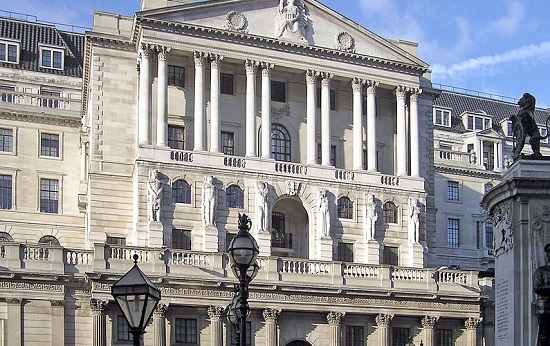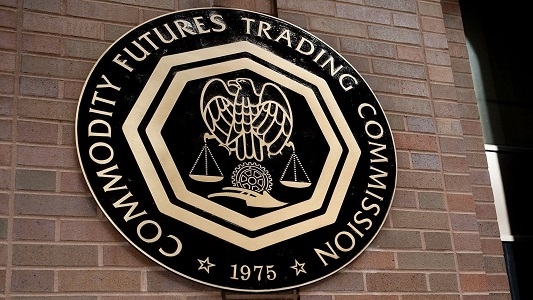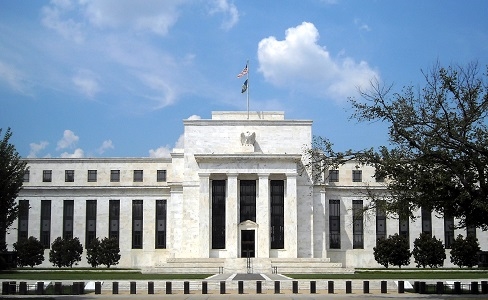Investors becoming "complacent" of threats

Elliott urged investors to review their portfolios more regularly and include a small exposure into real assets, such as commodities and precious metals, as a precaution against rising geopolitical risk.
“Real assets, such as commodities, particularly oil and gold, have barely responded to the rise in geopolitical risk this year,” said Elliott.
“There seems to be a growing disconnect between investment and global political tension. The Middle East is engulfed in a Sunni/Shia conflict on multiple fronts, Russia is at war with Ukraine, and China is testing the resolve of its neighbours to defend their maritime borders, among other situations. All are challenges to the West to defend its interests, and on all scores the West is hesitant to intervene."
Elliott suggests that the luxury property sector in a number of Western cities in recent years maybe a foretaste of things to come for other real assets.
He argues that plutocrats in the Middle East, Russia and China, among other places, have been buying such properties over the last 20 years “partly as a bolt-hole in case the vagaries of their local legal and political systems mean they have to flee the country.”
It is these vagaries, Elliott argues, that are the cause of rising geo-political tensions:
“The most common explanation for flat commodity prices is the strong investment in production that took place during the recent commodities boom, and relatively weak global demand growth."
Low inflation and an over-supply of energy in Europe this summer, caused by US shale gas reducing its need for imported energy, the introduction of high-quality Russian diesel, and strong North Sea production, has dampened investor appetite for commodities.
But Elliott said that geopolotical events in the Middle East could catch investors unaware:
“If the Sunni/Shia wars in the Middle East result in a closure of the Strait of Hormuz then around 17% of global energy production would be lost and prices would rise sharply, and the global economic recovery would be at risk. And Putin may cut supplies of energy to Europe in retaliation to E.U boycotts of Russian companies," said Elliott.
“History teaches us that the geopolitical tide can change demand/supply assessments -and hence prices - very quickly. Furthermore, if classic monetarist theory proves correct, inflation will eventually follow on from the quantitative easing programs and all commodities - but especially gold - will be in strong demand as investors seek to protect their portfolios.”
“Real assets always have a valuable diversification role in an investment portfolio, and rising geopolitical risk may yet trump the factors that keep prices stable. Modern portfolio theory demonstrates that there is good reason for holding real assets.”
Related articles:
Found this useful?
Take a complimentary trial of the FOW Marketing Intelligence Platform – the comprehensive source of news and analysis across the buy- and sell- side.
Gain access to:
- A single source of in-depth news, insight and analysis across Asset Management, Securities Finance, Custody, Fund Services and Derivatives
- Our interactive database, optimized to enable you to summarise data and build graphs outlining market activity
- Exclusive whitepapers, supplements and industry analysis curated and published by Futures & Options World
- Breaking news, daily and weekly alerts on the markets most relevant to you



